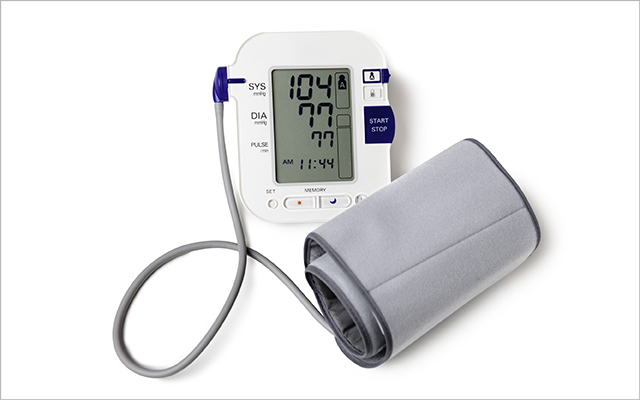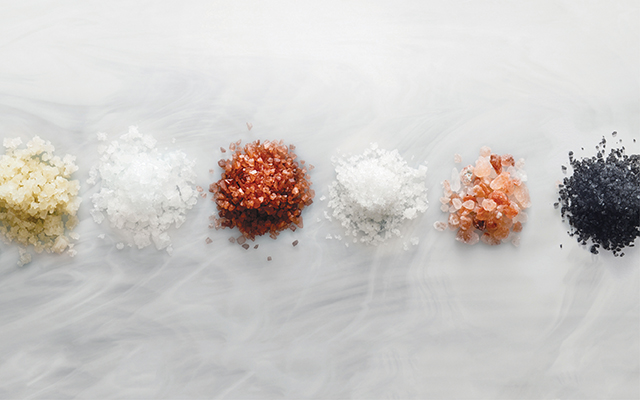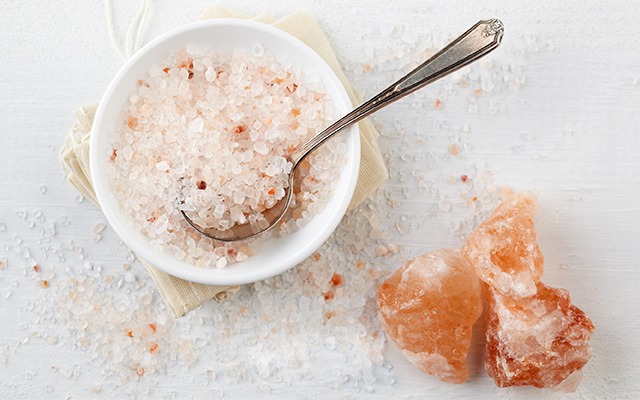More than 360,000 Americans die due to complications from high blood pressure each year. But the case for the public-health initiative to restrict sodium in an effort to reduce blood pressure, and by extension cardiovascular disease, is not ironclad.
First, not everyone is sensitive to salt. “The data is fairly consistent that about 80 percent of people with normal blood pressure are not salt sensitive,” explains cardiovascular research scientist James DiNicolantonio, PharmD. He cites research indicating that 75 percent of people with prehypertension, and 55 percent with hypertension, are also not salt sensitive.
Plus, efforts to reduce sodium intake are not widely associated with low blood pressure and reduced risk for cardiovascular disease. A recent Cochrane Review meta-analysis found that salt-reduction initiatives resulted in only slightly reduced blood pressure among people without high blood pressure. Among study subjects who were hypertensive, there was only “weak evidence of benefit.”
And, while there is no simple way to test your body’s sensitivity to salt, experts say that even if you have high blood pressure, salt may not be the culprit.
“Hypertension, like fever, is not a diagnosis but rather a description,” explains Paul Rosch, MD, FACP, chairman of the board of directors at the American Institute of Stress. “The vast number of people you see with hypertension have no specific, obvious cause for it.”
So, when it comes to managing cardiovascular risk, how much sodium is too much — and how much is too little? Here’s what some of the latest research says.
- Study participants whose daily sodium consumption fell between 4,000 and 6,000 mg suffered fewer heart attacks and strokes than those whose intake fell on either side of that range, according to a 2014 report published in the New England Journal of Medicine. The review, which looked at 100,000 people in 17 countries over an average of nearly four years, also found that higher potassium intake was associated with lower risk of both major cardiovascular events and death.
- High sodium intake, when compared with moderate consumption, was associated with an increased risk of cardiovascular events and death in hypertensive populations. Yet researchers found no link among people without high blood pressure, according to a 2016 study published in The Lancet. The study also showed a connection between low sodium intake and increased risk of cardiovascular events and death in those with or without hypertension.
- People who consumed less than 2,500 mg of sodium per day had higher blood pressure than those who consumed higher amounts — and those who consumed higher combined intakes of sodium (3,717 mg daily on average) and potassium (3,211 mg daily on average) had the lowest blood pressure, according to a study presented by Lynn L. Moore of Boston University School of Medicine at the 2017 American Society for Nutrition Scientific Sessions and Annual Meeting.
These studies and others suggest a J-shaped relationship between sodium and cardiovascular risk: People whose intake falls above or below a certain level tend to experience increased health risks. The studies also highlight the potential protective effect of the electrolyte potassium on cardiovascular health.
“As with any thresholds, the thresholds that have been identified for the J are not exact,” notes epidemiologist Hillel Cohen, DrPH, MPH. “They are rough estimates and will vary from study to study.”
Research has shown that salt sensitivity, independent of blood pressure, is a risk factor for cardiovascular morbidity and mortality. But risk also represents an interplay of genes and environment, including diet and lifestyle. Cohen recommends that those in at-risk categories consult with clinicians to discuss nonpharmacological methods of reducing blood pressure.
“No matter what group you are in, what’s true for the average is not necessarily true for the individual,” he says. “Broad assumptions about categories of people may not apply.”
This originally appeared in “The Great Salt Debate” in the March 2018 print issue of Experience Life.




This Post Has 0 Comments